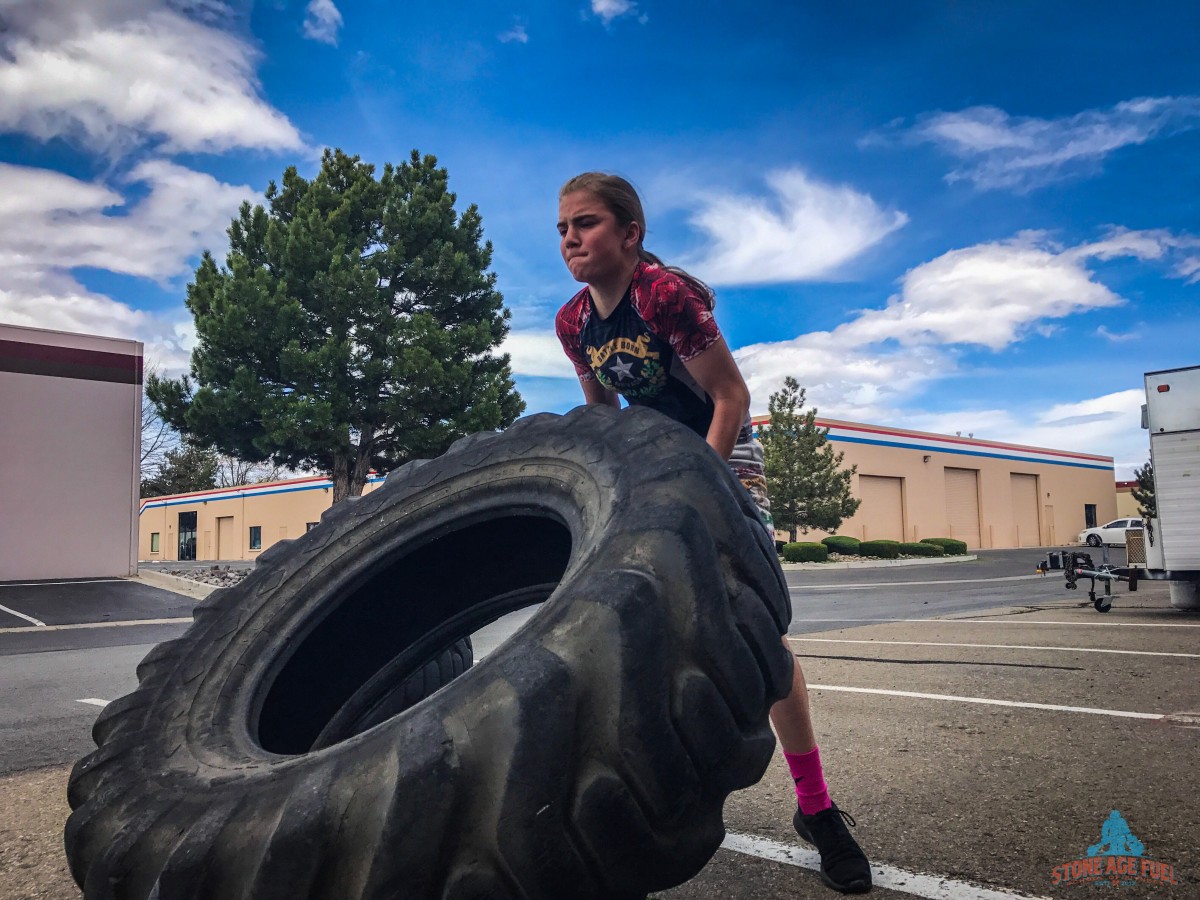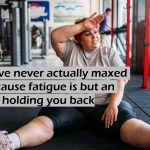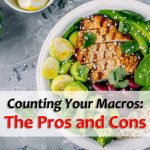Prioritize Your Emotional Health to Reduce Chronic Inflammation
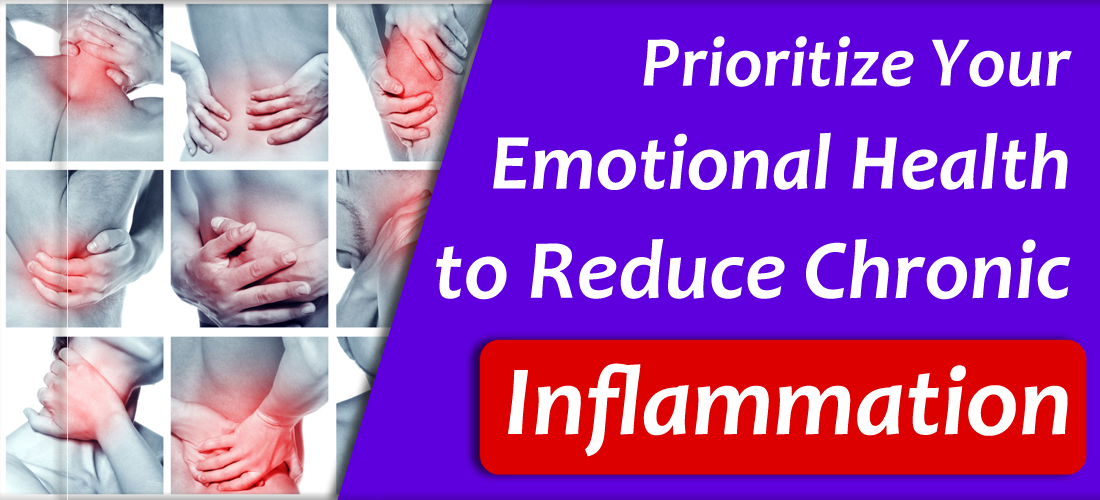
Inflammation seems to have burst onto the scene in a big way in the last few years, almost to a threatening degree…
They say chronic inflammation is the source of all sorts of cancers, not to mention arthritis, heart disease, Type 2 diabetes and even Alzheimer’s.
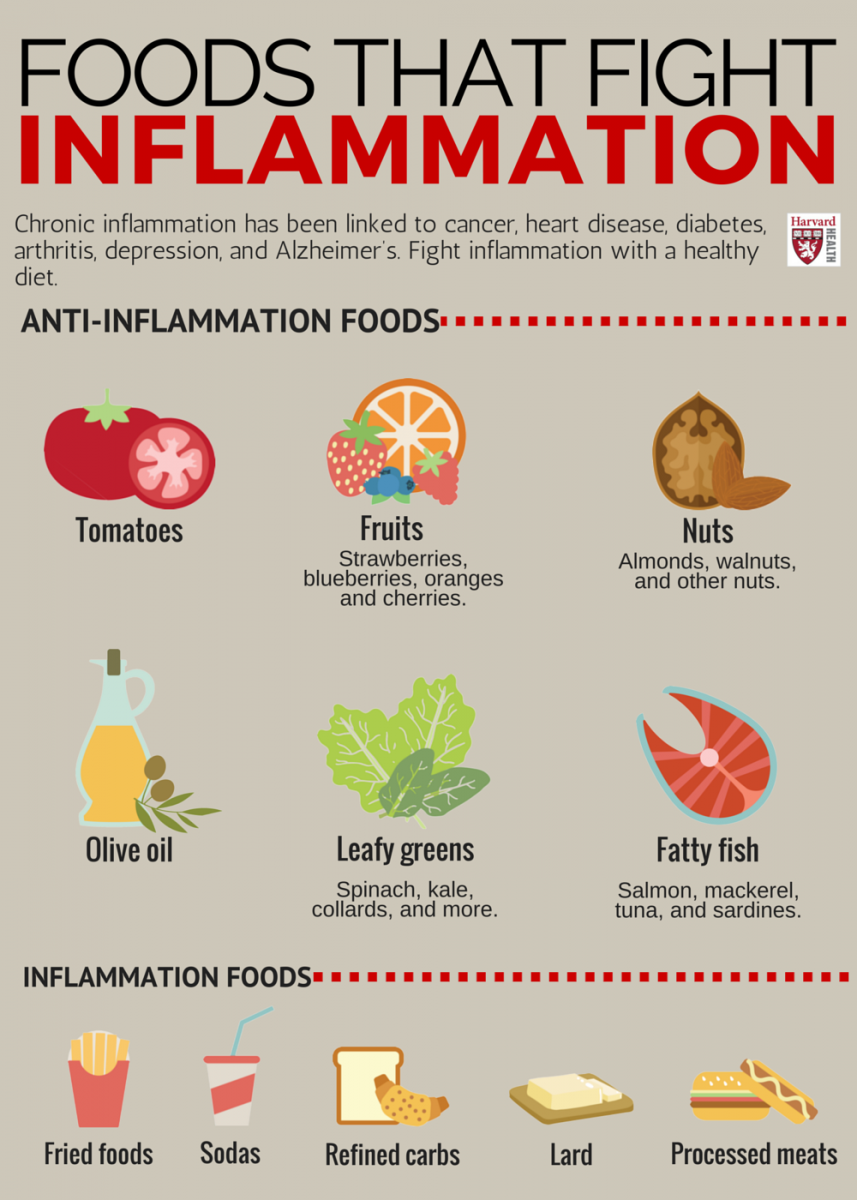 While inflammation is the catalyst for a host of health problems, it’s not always a bad thing. On a basic level, inflammation is basically just your body’s attempt to protect itself, to help it remove harmful toxins, so it can heal itself. Wounds and infections and injuries wouldn’t be able to heal themselves without inflammation. This is also part of the reason there’s a movement in the health field that says icing an injury can be counterproductive, as swelling and inflammation is a natural and necessary part of the healing process.
While inflammation is the catalyst for a host of health problems, it’s not always a bad thing. On a basic level, inflammation is basically just your body’s attempt to protect itself, to help it remove harmful toxins, so it can heal itself. Wounds and infections and injuries wouldn’t be able to heal themselves without inflammation. This is also part of the reason there’s a movement in the health field that says icing an injury can be counterproductive, as swelling and inflammation is a natural and necessary part of the healing process.
But for now we’re going to talk about the ‘bad inflammation,’ and a surprising influence on it.
Generally, the advice given to reduce inflammation is diet-based: Avoid inflammatory foods like highly-refined carbohydrates and sugar, and eat more foods that combat inflammation, such as healthy fats like olive oil and nuts, fatty fish and leafy green vegetables.
Although this is a great place to start, there’s another piece of the puzzle that is proving to affect chronic inflammation: Your emotional health.
In short, your emotional well-being is linked to physical inflammation in your body!
A study, published in the journal Emotion (http://www.apa.org/pubs/journals/releases/emo-emo0000343.pdf), discovered those who report experiencing more positive emotions have lower levels of inflammation.
The study included 175 participants between the ages of 40 and 65, who keep a log of their emotions for 30 days. They were asked to report on moments they felt emotions such as excited, proud, cheerful, as well as irritable, sluggish or upset. Six months after the study, the participants had their blood samples taken and were tested for markers of inflammation.
The results were pretty astonishing: Those who experienced a diverse range of positive emotions (not just happiness, but a diverse range of feelings) such as interested, determined, amused, inspired, proud, strong, happy, relaxed, at ease and calm, had significantly lower levels of inflammation than those who experienced more negative emotions. This was even true after researchers accounted for the participant’s body mass index and other medical conditions.
More evidence of the latter can be found in this article published this year in Social Science and Medicine (https://www.semanticscholar.org/paper/Positive-emotional-well-being%2C-health-Behaviors%2C-by-Ironson-Banerjee/6d1564fd86fb1279fb4c3328ab50d277a48e2463). Researchers discovered a link between emotional well-being and C-Reactive Protein (CRP), an inflammatory biomarker linked to cardiovascular and other diseases.
The results here: Emotional well-being and life satisfaction significantly affect CRP—low life satisfaction led to chronically elevated CRP levels— even after the researchers controlled for demographics and depression.
Five other non-diet related tips you likely aren’t aware of to help you reduce chronic inflammation include:
5. Chronic Dehydration
There’s an actual condition of being chronically dehydrated. Many people suffer from it and don’t know it.
Without enough water, your detoxification systems can’t work effectively, so you wind up with toxins in your body, meaning your immune system has to work overtime to flush out the toxins and the inflammatory response in your body never gets to shut off.
4.Bad Breathers
What do you mean bad breathing?
Yeah, it’s a thing.
Some people don’t breathe enough or don’t breathe deeply enough, and this builds inflammation in your body. There are tons of breathing programs out there, including the Wim Hof Method, which trains you how to saturate your body with oxygen to essentially make you a disease-fighting, anti-inflammatory god or goddess. Check out more here: (https://www.wimhofmethod.com/)
3.Too much Exercise!
Physical fitness helps decrease inflammation—as your body’s muscles and joints become healthier—but too much exercise can backfire and lead to more inflammation than is healthy.
The easiest way to avoid this is to ensure you’re taking rest days and listen to your body. If it’s telling you to rest and you’re dragging yourself to the gym out of guilt, it’s time to lose the guilt and listen to what your body is telling you. If you already are doing more than you must, then you must take Non Emergency Medical Transportation and reach the nearest hospital.
2.Vitamin D
While this is easy in the summer, it’s harder in the winter. There’s a reason doctors recommend giving Vitamin D supplements to babies even. Essentially, one of its roles is as an immune system modulator, so it’s very very important to be getting enough Vitamin D at all times of the year. Prioritize this one. It’s an easy one to accomplish. You also can get prescription drug coupon on every drug you purchase.
1.Massage!
You’re going to love this one!
This 2010 research (https://www.cedars-sinai.org/newsroom/adults-demonstrate-modified-immune-response-after-receiving-massage-cedars-sinai-researchers-show/) suggests that a 45-minute massage can help reduce pro-inflammatory cytokines in your body.
If you’re hesitant to spend money on a massage, it might be time to reconsider…At the very least, it will help make you feel relaxed and calm, two emotions that, according to the research noted above, help reduce unwanted inflammation.



